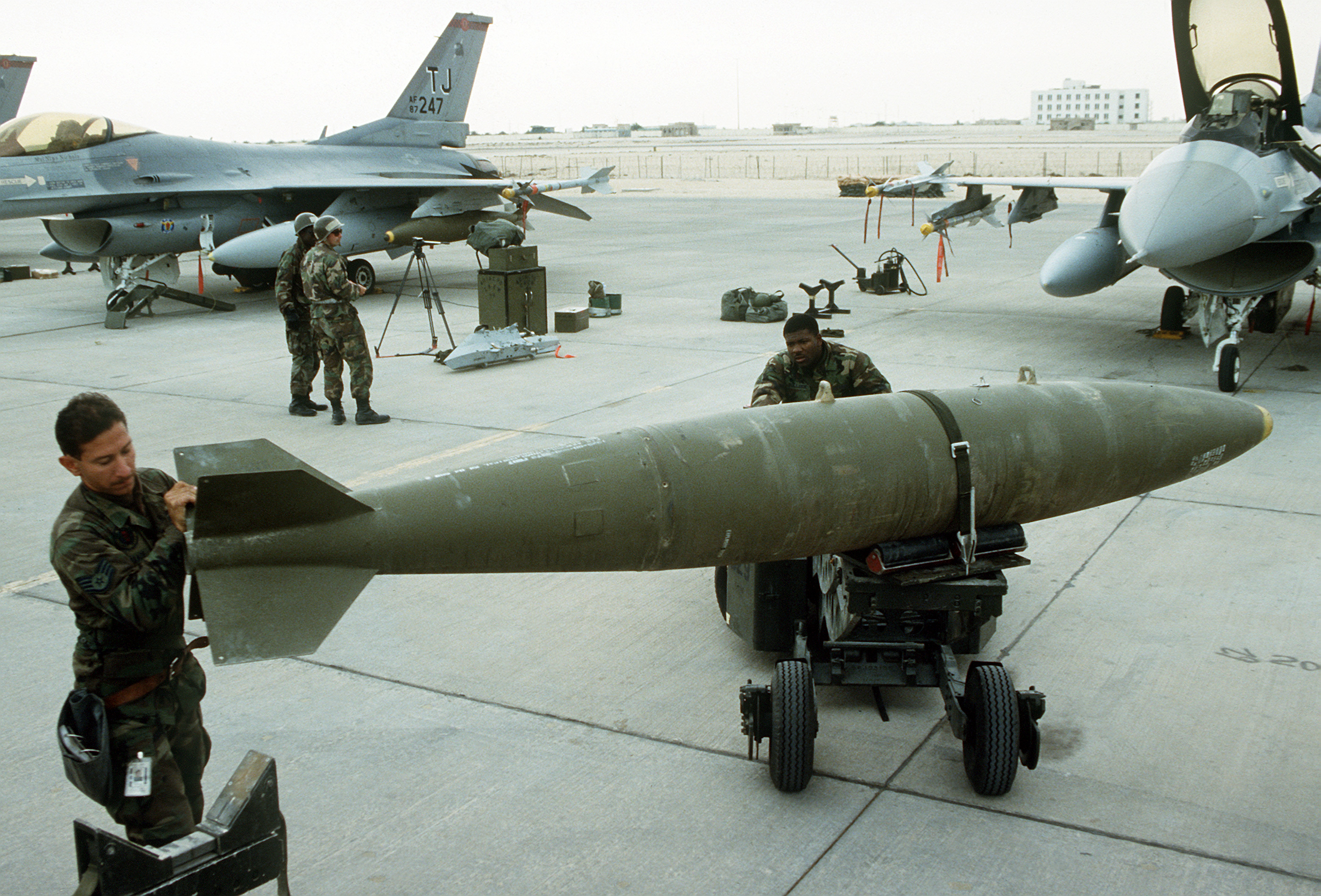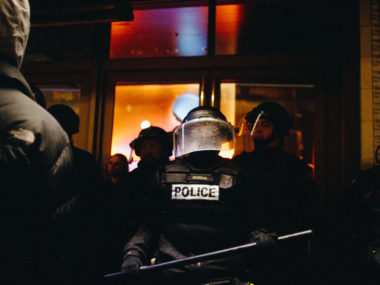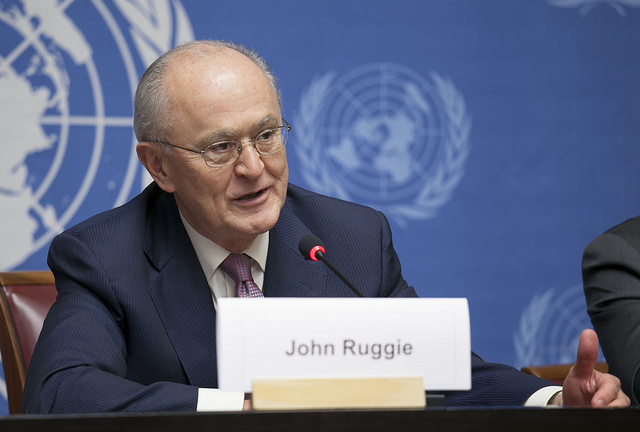By Deborah Avant for Denver Dialogues

Denver Dialogues is a new series on Political Violence @ a Glance that takes a different cut on enhancing the policy relevance of international relations research. Rather than condemning security studies as Tom Ricks does as boring, patting particular scholars on the back for interesting contributions as per Steve Saideman, or arguing along with Frank Gavin and Steve Van Evera for one or another type of research, we aim to encourage conversation between different disciplines and perspectives in academia, prompt different ways of thinking about policy problems, and inspire dialogue between relevant academic and policy communities.
We maintain that disciplines and theories are hugely helpful for designing and evaluating particular research strategies. The key is not to break them as Frank Gavin suggests, but to have them interact. If different approaches come to the same conclusion, the finding is stronger; if different approaches lead to different findings, more research is called for. This is increasingly seen as the gold standard in security research: a pragmatic appreciation of the insights from different approaches and recognition that there is no singular method for answering a question. Indeed, the International Studies Association has just launched a new journal – the Journal of Global Security Studies, JoGSS (disclosure: I head the editorial team) – designed specifically to encourage conversation among diverse perspectives about what security is and how it is best explained and studied.
The work represented on Political Violence @ a Glance has excelled at engaging different parts of the academic community and broadening the focus to include not only violence but also its alternatives. Indeed, Erica Chenoweth won a “Duckie” award for her post on the conflicts we may have missed in 2014 because they were not violent. Political Violence @ a Glance contributors also draw from a range of theoretical and methodological inclinations – from more realist-leaning analyses, like this one by Tanisha Fazal on the exaggerated end of war, to David Cunningham’s more institutionalist claims about the impact of war-crimes trials in civil war. Christian Davenport’s quantitatively-based claims about Rwanda and Vera Mironova’s interview-based case studies of Syria and Yemen illustrate the range in style and method that contributors capture. Barbara Walter often pulls from a variety of rationalist approaches, as in her recent post on violent extremism. And then there are appeals to cross-pollinate academic subfields and break down barriers within academic communities, like those from Christian Davenport and Scott Gates on the relationship between inter and intra state conflict.
The Denver Dialogues series not only embraces the approach taken by Political Violence @ a Glance but seeks to more pointedly encourage the academic-to-policy conversation. A word about policy makers. We do not only see them as those people serving in US or other governments. Ambassador Christopher Hill’s recently released memoir (fyi, he’s my boss) is peppered with references to the wide variety of authorities he interacted with (ranging from Mother Teresa in Albania to private security contractors in Iraq) to carry out US diplomacy. In addition to official policymakers, these other “governors” also affect policy. They include people like Pope Francis, who was so consequential in the recent opening between the US and Cuba, but also gatekeeper organizations like Amnesty International, which Charli Carpenter shows often control the human security agenda. And let’s not forget the mix of United Nations and humanitarian organizations that shape what Severine Autesserre calls “Peaceland.” Virginia Haufler, John Ruggie, and others have demonstrated that even private companies can play a ‘public’ role – and one that often influences human rights as well as the course of conflict. I could go on. The Carnegie-funded project that supports this series focuses on how non-violent strategies by non-state actors affect the course of violence and conflict.
Our bet is that more conversation between those making policy related to violence and those researching violence from various perspectives will result in both more effective policy and better research. Our series will encourage and reflect on these exchanges. So stay tuned to our Tuesday Denver Dialogue series – and join in if you have something to contribute to our discussion!






